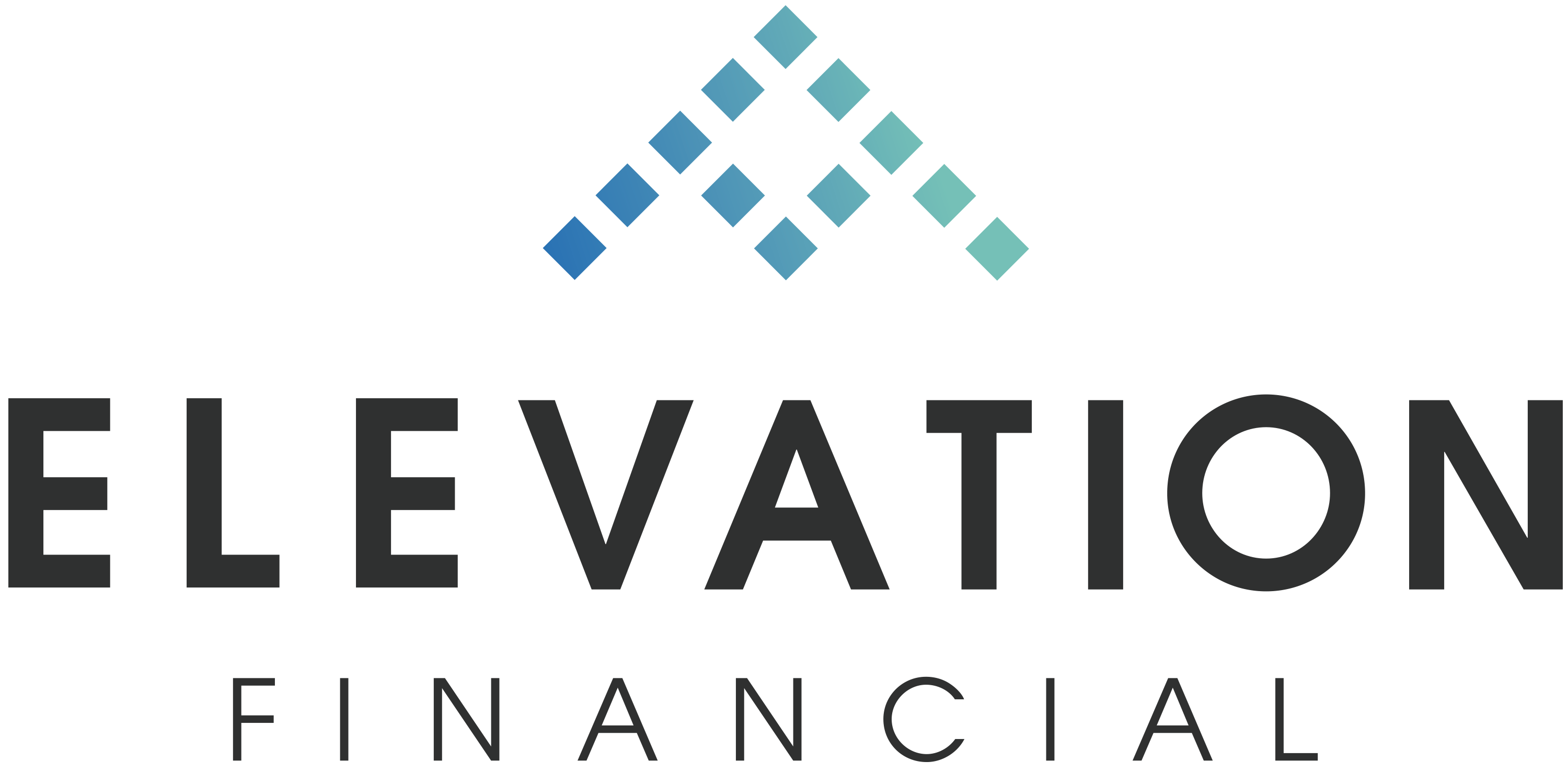
Share this Post
Subscribe

Need help with your money or investments? Book a consultation to learn more about working together.
6 Ways to Improve Your Credit Score
Dealing with your credit score is a necessary part of participating in our modern financial system. There are varying opinions about debt, and my opinion is pretty extreme (I don’t use credit cards at all). But most people use credit cards and make use of debt at least to some extent.
Your credit score is a metric that can have a significant impact on your ability to have options. One of the most important ways your credit score plays a role is how it affects your ability to buy a house.
There are other ways your score can affect you including the price you pay for auto insurance in some states. It can even affect your ability to get a cell phone plan.
Whatever your feelings are about debt and credit, the credit score system is embedded enough into our society that it makes sense to be aware of your score and manage it intentionally.
So what are some ways to improve your credit score and keep it high?
Pay all bills on time
This one is the most obvious but it is important to pay attention. In order to avoid issues with your credit score, you need to pay your mortgage, car loans, credit cards, and other debt payments on time.
Also, the longer you go missing a payment, the more it will hurt you. So even if you’re a few days late, pay your bill as soon as possible. Your score may be damaged more if you let it go longer.
Keep your debt-to-credit ratio low
You may have heard of your debt-to-income ratio which is used in determining your qualifications for a mortgage. But your debt-to-credit ratio (also known as your “credit utilization rate”) affects your credit score on an ongoing basis.
So what’s a “good” debt-to-credit ratio and how is it calculated?
From Equifax:
“You can determine your debt-to-credit ratio by dividing the total amount of credit available to you, across all your revolving accounts, by the total amount of debt on those accounts.
For example, say you have two credit cards with a combined credit limit of $10,000. If you owe $4,000 on one card and $1,000 on the other for a combined total of $5,000, your debt-to-credit ratio is 50 percent. Many lenders use credit scoring formulas that take your debt-to-credit ratio into consideration. In general, lenders like to see a debt-to-credit ratio of 30 percent or lower. If your ratio is higher, it could signal to lenders that you're a riskier borrower who may have trouble paying back a loan. As a result, your credit score may suffer.”
So does this mean that if your debt-to-credit ratio is 30% that you’re in good shape? Not necessarily. Like many financial ratios used in lending, this metric is a “limit”, not the ideal number. Keeping your credit utilization as low as possible is generally ideal from the standpoint of both credit score and risk management.
Avoid canceling credit cards you’ve had for a long time
The length of your credit history plays a part in determining your credit score. A longer credit history is better for your credit score.
If you want to cancel some credit card to streamline your finances, consider canceling card that you acquired more recently and keep the ones that are older if you want to reduce the impact on your credit score.
Have more than one type of debt
Part of your credit score is based on your “credit mix”. According to Investopedia: “Credit mix refers to the types of accounts that make up your credit report.”
This means that if you only have one type of debt (such as a mortgage), then your credit score may not be as high as if you also had credit cards. The mortgage and the credit cards are two different types of credit and create more variety in your credit mix because the mortgage is an installment loan and the credit cards are revolving debt.
According to Experian:
“An ideal credit mix includes a blend of revolving and installment credit. An easy way to use revolving credit is to open a credit card—and pay your bill on time every month. Ideally, charge only what you can pay off every month to avoid interest. If you don't have an installment loan and only have credit cards, consider opening a small personal loan or other types of secured loan. This will demonstrate your ability to manage different types of credit.”
Pay your credit card bill weekly
Remember credit utilization or “debt-to-credit ratio”? One way to keep it low is to pay your credit card bill weekly rather than monthly.
Your credit cards report your balances monthly to credit bureaus. This means that your balance on the day it’s reported is the number used to calculate your debt-to-credit ratio. By paying off your credit card weekly, you keep your credit utilization low so that a lower number is reported each month.
Avoid too many hard inquiries
When you apply for a new loan or credit card, the lender will do a “hard inquiry” on your credit. This can damage your credit score (although typically not by more than a few points).
According to NerdWallet:
“Hard inquiries on your credit — the kind that happen when you apply for a loan or credit card — can stay on your credit report for about 24 months. However, a hard inquiry typically won’t affect your score after 12 months.
Applying for credit can knock a few points off your credit scores. But making multiple inquiries in a short window counts as a single inquiry when you shop for a mortgage, student loan or auto loan.”
So in order to keep your credit score high, you’ll want to avoid applying for too many loans or cards.
Consistently maintaining a high credit score
Keeping your credit score high can help you maintain options throughout your life and can keep your costs down.
Keep in mind that a high credit score is not the same thing as being financially healthy. It’s only one factor in your financial life.
That said, maintaining a high credit score can be useful and simple if you keep your debt under control and stay organized with your finances.
